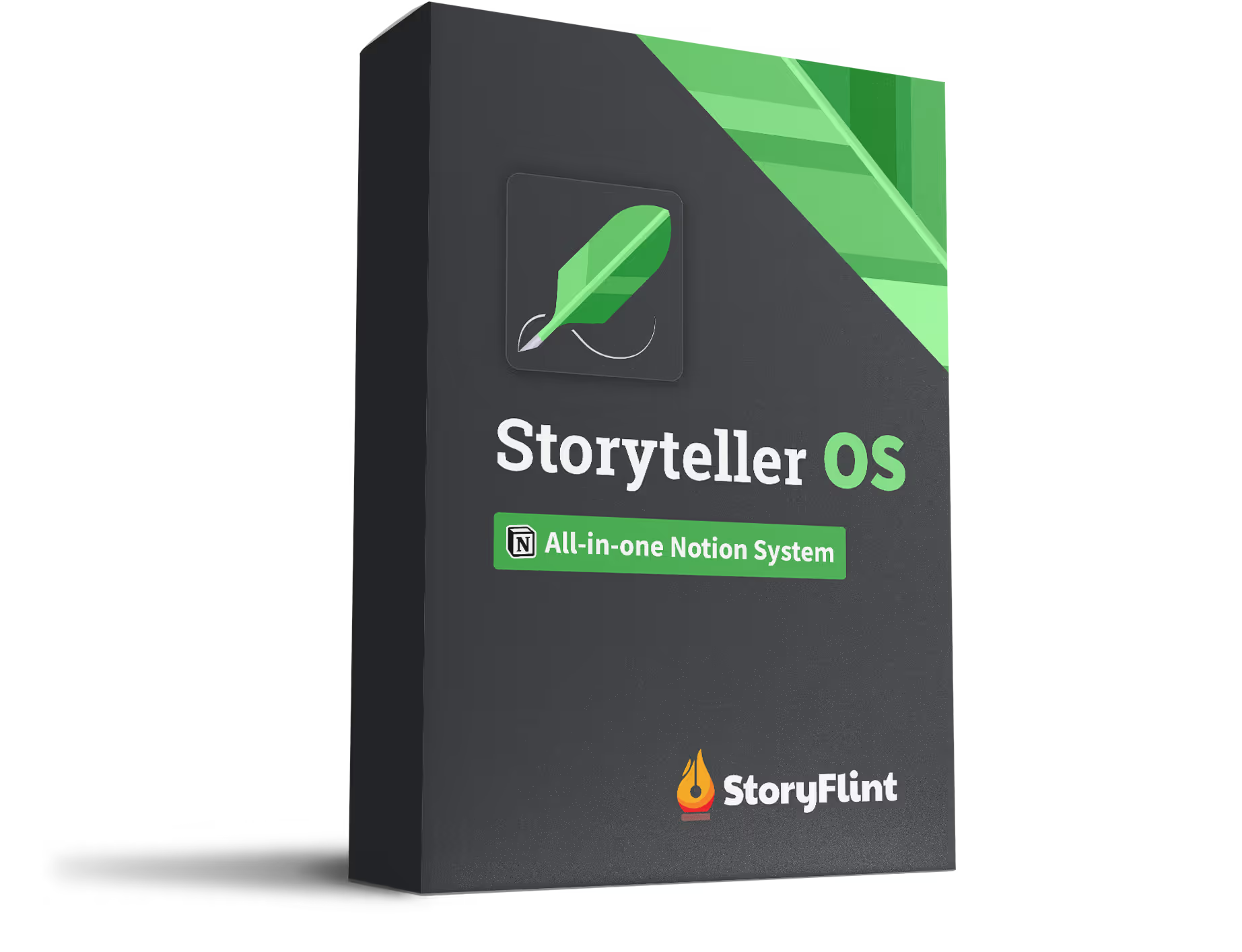Captivating your audience right from the first sentence is a skill every storyteller, writer, or screenwriter aims to perfect. Whether you’re penning a novel, screenplay, or a quick short story, those opening lines can either grab attention or let it slip away. Let’s dive into how you can craft an irresistible hook that keeps your readers glued to the page!
Why Hooks Matter
Before we jump into the fun stuff, let’s chat about why hooks are so crucial. A strong hook snags attention, sparks curiosity, and sets the vibe for what’s coming next. In a world where readers are bombarded with choices, a compelling hook helps your story shine bright.
Grabbing your audience's attention from the get-go is super important if you want to keep them hooked! Think of a strong opening as your secret weapon—it can draw in your audience and set the stage for a great story. So, let's make sure your narrative shines right from the start!
Types of Hooks and How to Use Them
1. Start with Action
Kick things off in medias res, or smack dab in the middle of the action to pull readers right into the heart of your story. It creates an instant sense of urgency and intrigue. Just be sure to provide enough context so readers aren’t completely lost.
Tip: Keep descriptions brief and focus on what characters are doing to keep the pace lively!
2. Pose a Question
Engage your readers by throwing out a question they’re dying to know the answer to. For instance, the opening of George Orwell’s 1984—"It was a bright cold day in April, and the clocks were striking thirteen"—makes us curious about this oddball world right away.
Example: In the movie The Thing, a helicopter chasing a dog raises all sorts of questions, cranking up the suspense from the get-go.
3. Create Emotional Connections
Showcase relatable emotions or events to forge an emotional bond with your audience. Think of life events, like your first heartbreak—those shared experiences can really draw readers in.
Example: In Joker, Arthur Fleck’s struggles with mental health resonate deeply, pulling the audience’s empathy and attention.
4. Introduce Compelling Characters
Bring in characters with unique traits that spark interest. The iconic opening "Call me Ishmael" from Moby-Dick makes us curious about the narrator and his wild adventures.
Tip: Characters should be relatable yet intriguing, blending everyday qualities with extraordinary situations to keep readers invested.
5. Use Surprising Statements
Start with a jaw-dropping statement that catches your reader off guard. This could be a bold opinion or a surprising fact that challenges what they think they know.
Example: In Frailty, the reveal that a mysterious man knows who the killer is gets readers eager to unravel the mystery!
6. Set the Scene with Setting
An eye-catching or unusual setting can work wonders as a hook, especially in genres like fantasy or sci-fi. J.R.R. Tolkien’s The Hobbit opens with, "In a hole in the ground there lived a hobbit," instantly whisking us into a fantastical world.
Example: The rich descriptions of Bruges in In Bruges create a vivid sense of place that's key to the story’s charm.
Crafting Your Hook
Try writing the opening paragraph of your story using one of these hook techniques. Focus on introducing your main character and their dilemma. Don’t forget to seek feedback from friends or mentors to polish your opening further!
Conclusion
Crafting a hook is a skill that gets better with practice and a little feedback. Keep playing around with different techniques, and don’t hesitate to pull inspiration from your own experiences or familiar tales.




